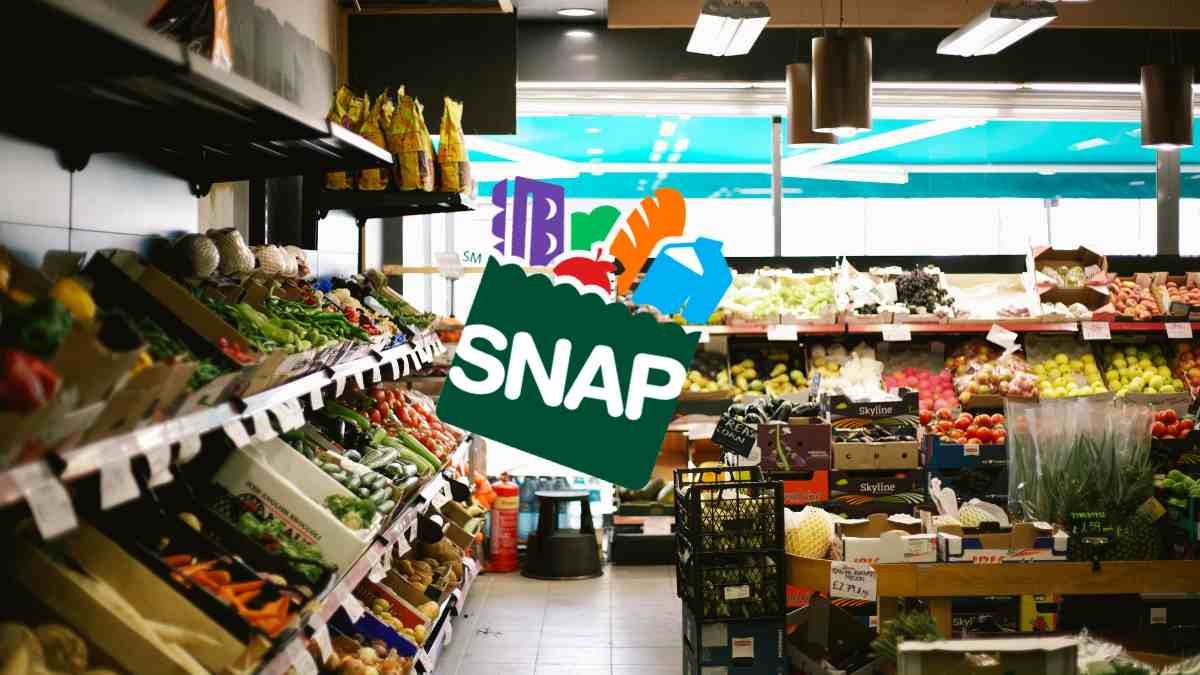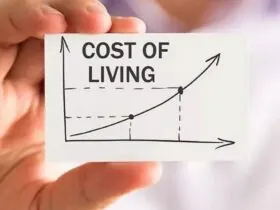In 2025, the Supplemental Nutrition Assistance Program (SNAP) remains a vital lifeline for millions of low-income individuals and families across the United States. As the cost of living continues to rise due to inflation and other economic pressures, SNAP helps ensure that economically disadvantaged households have access to nutritious food. Recent adjustments to the program aim to keep pace with these challenges, highlighting the government’s ongoing efforts to reduce hunger and promote food security.
Adjusting for Inflation: The Role of the Cost-of-Living Adjustment (COLA)
This Article Includes [hide]
- 1 Adjusting for Inflation: The Role of the Cost-of-Living Adjustment (COLA)
- 2 SNAP in Texas: Meeting Nutritional Needs and Encouraging Self-Sufficiency
- 3 Restrictions on SNAP Purchases: Focused on Food Security
- 4 The Impact of the 2025 COLA on SNAP Benefits
- 5 Long-Term Benefits of COLA Adjustments
- 6 Conclusion: The Continued Importance of SNAP in Combating Hunger
One of the most significant updates to SNAP in 2025 is the implementation of the Cost-of-Living Adjustment (COLA). This adjustment directly responds to rising prices, particularly in essential goods such as food. More than 40 million Americans rely on SNAP to help them afford groceries, and the COLA ensures that their benefits reflect the current economic conditions.
The COLA for 2025 is expected to increase SNAP benefits by 2.5% to 3%, based on the Consumer Price Index for Urban Wage Earners and Clerical Workers (CPI-W). This index tracks inflation and is used by various federal programs, including Social Security, to determine necessary adjustments in benefits. By doing so, the government ensures that households can continue to meet their food needs even as costs rise.
SNAP in Texas: Meeting Nutritional Needs and Encouraging Self-Sufficiency
In Texas, SNAP plays a particularly crucial role in supporting the nutritional needs of families. Beneficiaries can use their SNAP benefits to purchase a wide range of essential food items, including fruits, vegetables, meats, dairy products, and grains. This helps economically struggling households maintain a balanced diet and promotes better overall health.
A unique feature of SNAP in Texas is that it allows recipients to purchase seeds and plants for home food production. This aspect of the program encourages self-sufficiency by enabling families to grow their own fruits and vegetables, providing a sustainable food source in the long term.
Restrictions on SNAP Purchases: Focused on Food Security
While SNAP offers broad support for food purchases, it also has clear restrictions in place. Beneficiaries cannot use SNAP benefits to buy non-food items such as household supplies, hygiene products, pet food, or prepared hot meals. The goal is to ensure that the assistance directly addresses food insecurity by focusing on essential groceries and nutritional needs.
The Impact of the 2025 COLA on SNAP Benefits
The increase in SNAP benefits due to the 2025 COLA will help many households in Texas and across the country cope with rising food prices. For example, a family that received $10,000 in SNAP benefits in 2024 may see an increase of $250 to $300 in 2025. While this may seem modest, even a small boost can make a significant difference for families struggling to make ends meet.
By adjusting SNAP benefits to match inflation, the government helps reduce the financial burden on households, enabling them to access nutritious food despite economic challenges. This adjustment will be calculated using data from the third quarter of 2024, with the final percentage increase announced in October 2025. The new benefit amounts will automatically take effect on October 1, 2025.
Long-Term Benefits of COLA Adjustments
The COLA adjustment is more than just an annual update—it reflects the federal government’s commitment to maintaining food security for low-income families. As food prices rise due to inflation, the adjustment helps ensure that SNAP benefits remain aligned with the cost of living. Even though the increase may be small, it can significantly affect a family’s ability to maintain a balanced diet.
For many households, this means better access to fresh fruits, vegetables, and proteins, which are crucial for maintaining good health. By helping families afford healthier food options, the COLA adjustment also contributes to the broader goal of improving public health outcomes.
Conclusion: The Continued Importance of SNAP in Combating Hunger
As economic conditions evolve, SNAP continues to be a vital resource for millions of Americans. The 2025 COLA adjustment highlights the government’s dedication to ensuring that low-income individuals and families have access to the nutritious food they need to thrive. By reflecting inflationary pressures and rising living costs, SNAP benefits help ease the financial strain on households, enabling them to focus on other essentials while maintaining food security.







Leave a Reply